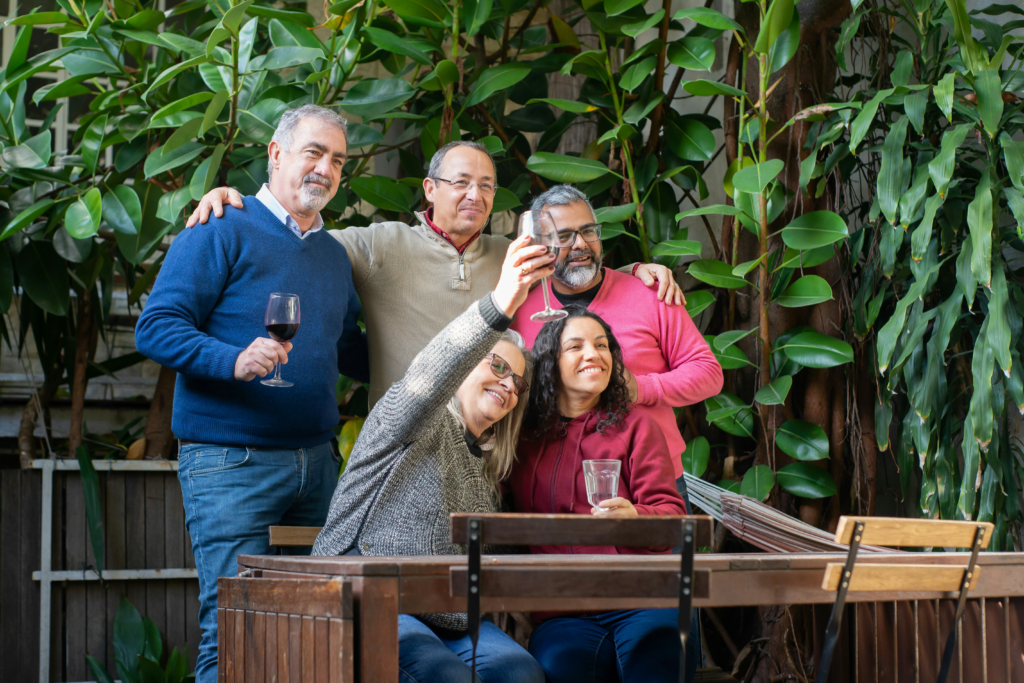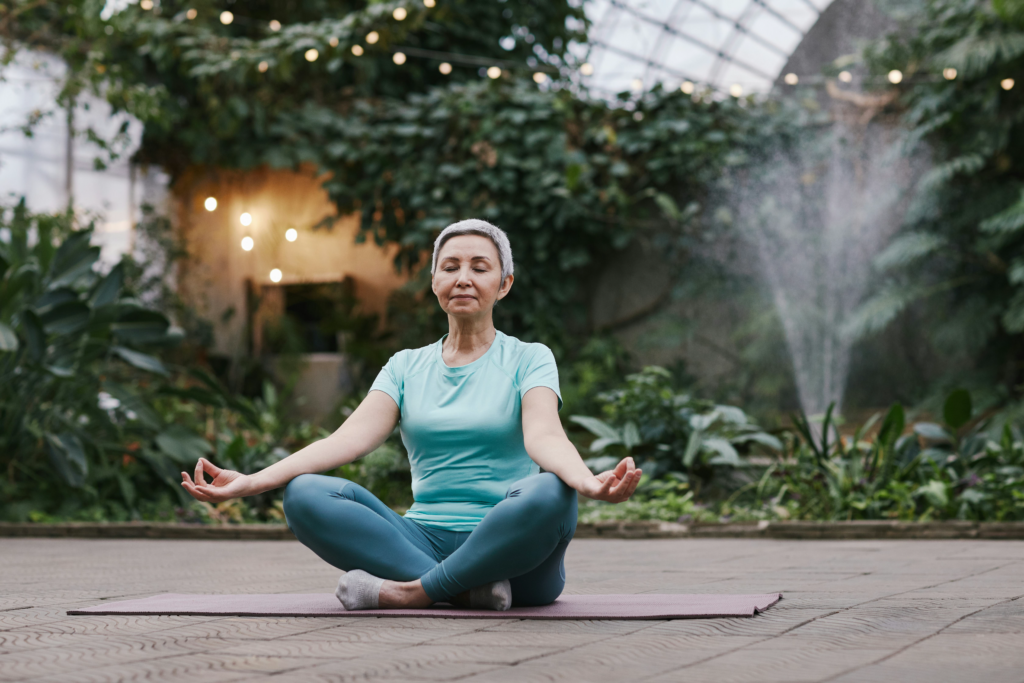4 Health Lessons We Can Learn From People Living In Blue Zones

The unspoken desire of many is to age well — remaining happy, healthy, and active while living past the average life expectancy. While it may seem like wishful thinking, this is the standard in five parts of the world, not the exception.
Known as Blue Zones, these regions include Okinawa, Japan; Sardinia, Italy; Nicoya, Costa Rica; Ikaria, Greece; and Loma Linda, California. People here live significantly longer with, more centenarians and fewer chronic diseases.
What is fascinating is that even though these blue zones are scattered around the world, there are common elements contributing to longevity. Despite differences in climate and culture, residents in these regions make the same simple, everyday choices. These sustainable habits, known as the Power 9, are credited with maintaining a high quality of life for longer. Here are five lessons we should take to heart to live healthier, longer lives.
1. Movement Is Essential.
Physical activity has many health benefits, including longer life and reduced risk of chronic diseases. In the Blue Zones, residents’ lives are organized so that moderate physical activity and movement are part of everyday life. This includes tasks like gardening, kneading bread, using hand-operated tools, and walking everywhere. Movement does not need to be scheduled or intentionally thought about; it naturally occurs.
With about one in five Americans holding a gym membership but 67% never using it, it seems that thinking about exercise as a scheduled activity is not effective. So, instead of trying to plan physical activity, look for opportunities to easily incorporate movement into your day. The goal is to create movement habits that feel effortless.
2. Have A Purpose And A Social Network.

A sense of purpose and social connections are key elements in the lives of Blue Zone residents. Purpose gives meaning and hope, which is a motivator. It is the reason you get up in the morning. Research shows it increases longevity, improves sleep, strengthens your immune system, and lowers stress levels.
In addition to purpose, social connection is also proven to be beneficial due to the emotional and physical support it provides. Humans are social creatures and, in the Blue Zones, elders remain an integral part of the family while also maintaining social networks. To improve your social connections, spend more time with family and friends, volunteer with an organization, or join a group related to one of your hobbies.
3. Eat Plant-Based And In Moderation.
Diet is another factor credited with the longevity found in Blue Zones. Meals are heavily plant-based, with little meat and added sugar. The emphasis is on whole foods with little to no processed foods. As a result, residents have lower rates of chronic diseases and death from these diseases.
Combined with a plant-based diet, Blue Zone residents also abide by the 80% rule, known as hara hachi bu. In simple terms, it is eating in moderation and stopping when your stomach is 80% full. Suggestions to eat more mindfully include eating slower, focusing on the meal and nothing else, and using smaller plates. It will allow you to feel satisfied without overeating.
4. Relieve Stress Daily.

Stress is unavoidable but how you manage it makes all the difference. Poorly managed stress can have serious health consequences on your body, mood, and behavior. Studies also suggest that it has an influence on overall life expectancy.
In the Blue Zones, residents rely on daily practices like meditation, prayer, napping, and spending time with loved ones to reduce stress. This self-care is simple and habitual, preventing stress from accumulating. The long-term benefits include better sleep, improved mood and energy, lower blood pressure and heart rate, and less tension. By making stress relief part of your daily routine, you can feel more relaxed and healthy regularly.






